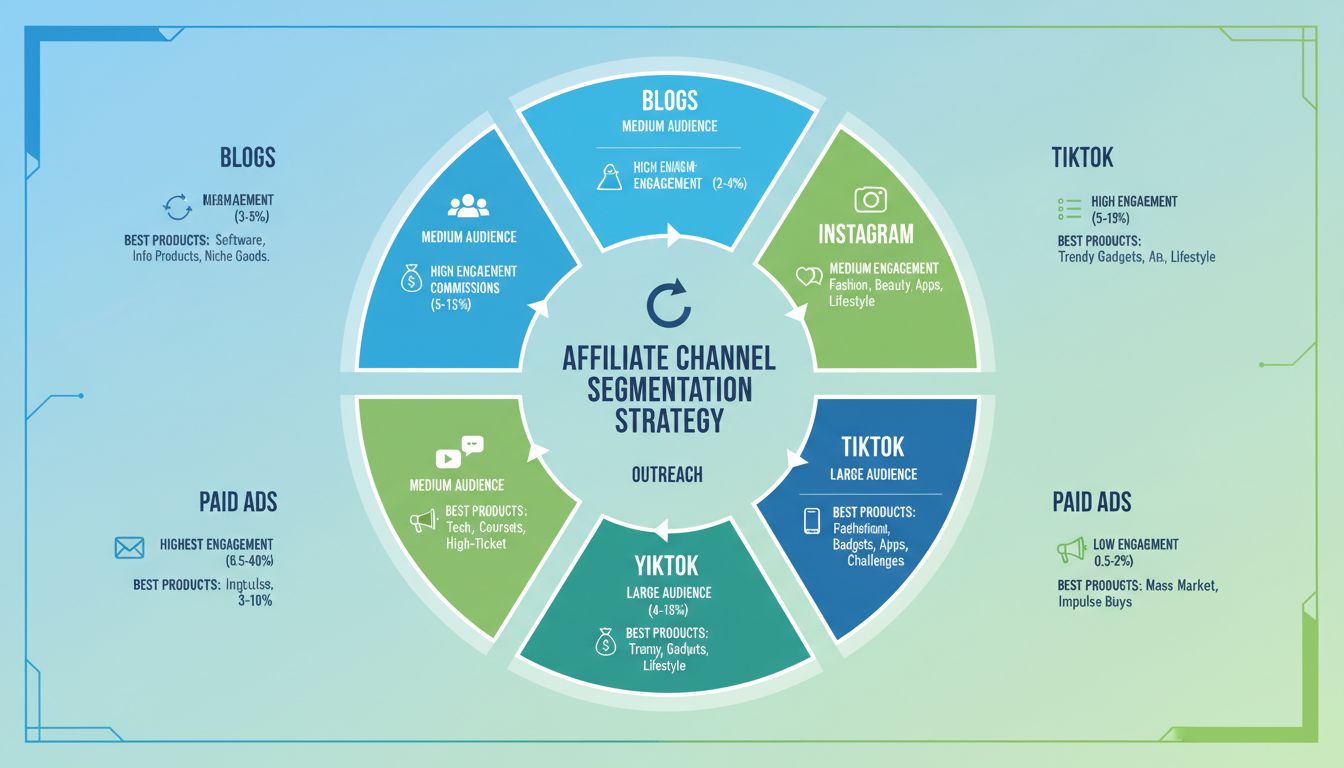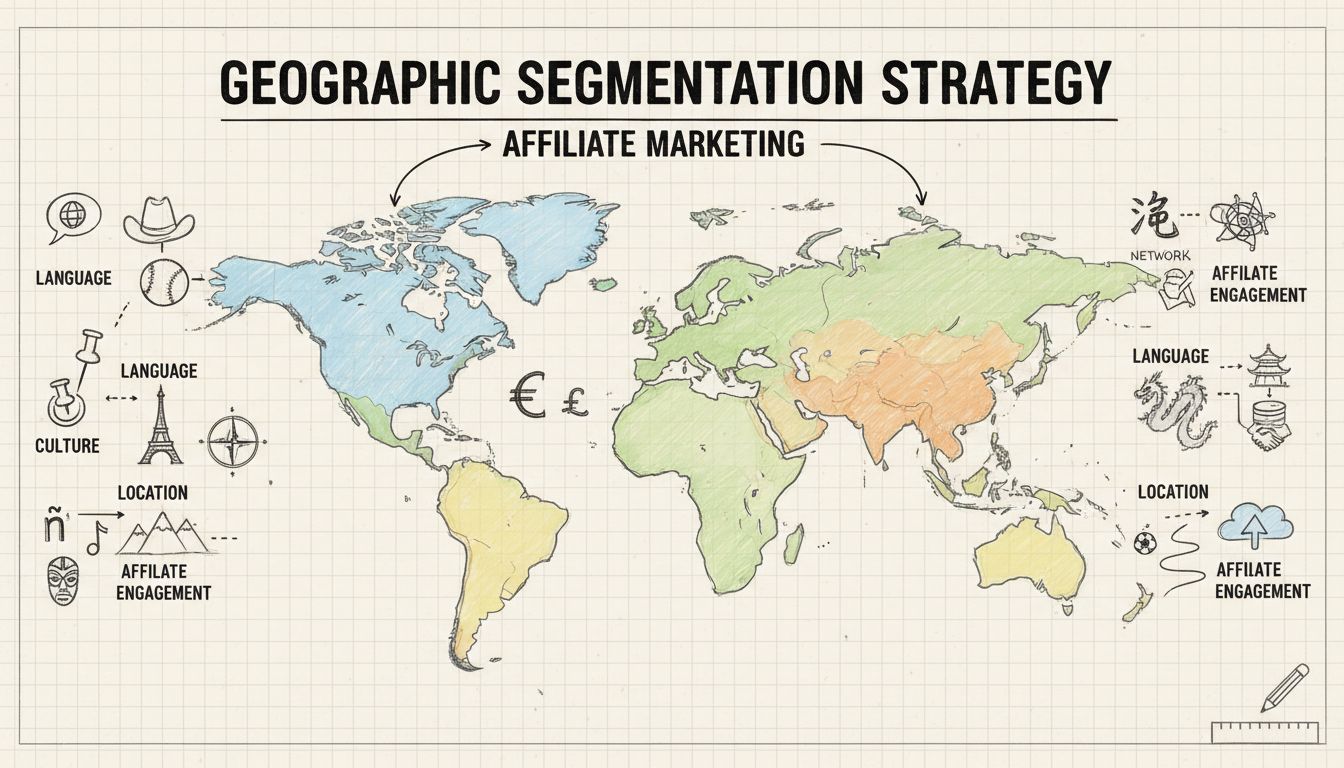
How Demographic Segmentation Boosts Affiliate Marketing ROI
Learn how demographic segmentation helps tailor affiliate offers to specific audiences. Discover strategies to match affiliates with the right demographics for ...
Segmenting in marketing means dividing audiences into groups based on shared characteristics, enabling more targeted and effective affiliate marketing campaigns.
A segment in marketing refers to a distinct group of consumers or affiliates who share common characteristics. These characteristics can be demographic, geographic, behavioral, or psychographic. In affiliate marketing , segments can also refer to groups of affiliates categorized based on performance, marketing channels, or target audiences. By identifying and understanding these segments, marketers can tailor their strategies to meet the unique needs of each group, thus maximizing the potential for successful conversions.
Segmentation is a critical component of a successful affiliate marketing strategy. By understanding and utilizing segments, marketers can achieve the following:
Implementing effective segmentation strategies can significantly enhance the performance of an affiliate marketing program . Here are some proven strategies:
Implementing segmentation strategies in affiliate marketing offers several benefits:
Competitive Advantage: Effective segmentation can give marketers a competitive edge by enabling them to deliver more targeted and impactful marketing campaigns. By understanding the nuances of each segment, marketers can differentiate their offerings and stand out in a crowded marketplace.
Increased Conversion Rates: By delivering relevant and personalized content to specific segments, marketers can significantly increase conversion rates. Targeted messaging ensures that the right audience receives the right message at the right time, leading to higher conversions.
Better Customer Engagement: Segmentation allows for more meaningful interactions with consumers, leading to higher levels of engagement and satisfaction. By understanding the unique preferences of each segment, marketers can create campaigns that resonate deeply with their audience.
Higher Affiliate Retention: Providing affiliates with the tools and resources they need to succeed in their specific segments fosters loyalty and retention. By supporting affiliates in their efforts, marketers can build long-term partnerships that drive sustained success.
Business segments are part of the business that can be identified as a separate unit. A business segment may be a product line, a geographic market, a customer group, or a channel.
A market segment is a group of potential customers who share similar needs and characteristics. Segments are created by identifying characteristics such as age, gender, income, and geographic location.
Discover how segmenting your audience can maximize conversions and optimize your affiliate marketing performance.

Learn how demographic segmentation helps tailor affiliate offers to specific audiences. Discover strategies to match affiliates with the right demographics for ...

Learn why channel segmentation is critical for affiliate recruitment success. Discover how to match affiliates with the right platforms to maximize reach, engag...

Learn how geographic segmentation customizes affiliate marketing outreach by considering language, culture, and location. Discover strategies to engage affiliat...
Cookie Consent
We use cookies to enhance your browsing experience and analyze our traffic. See our privacy policy.